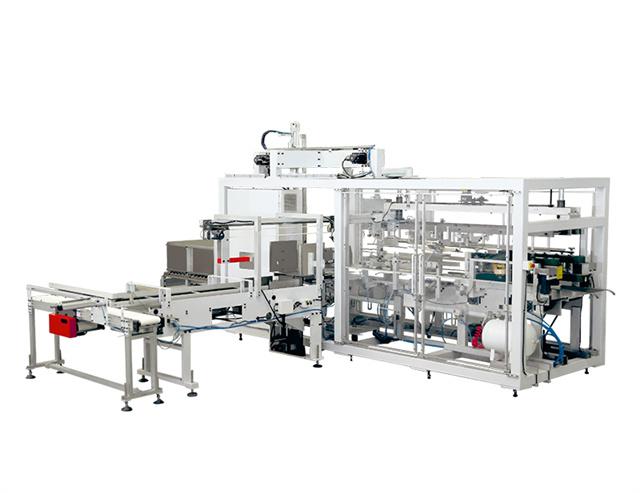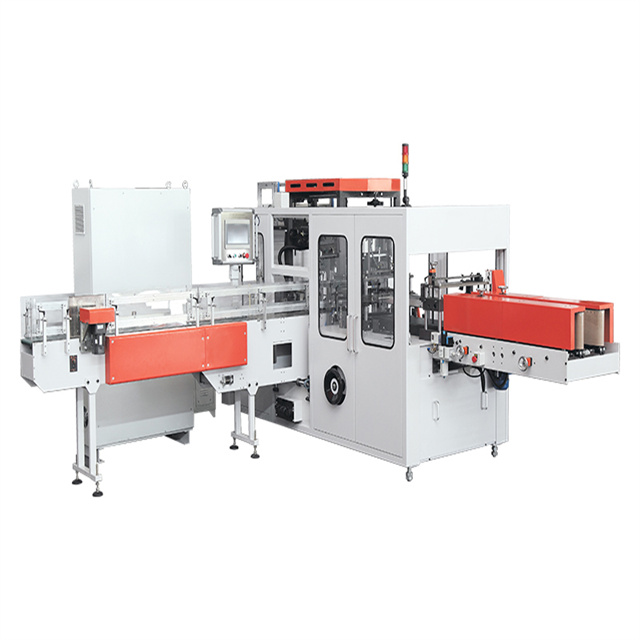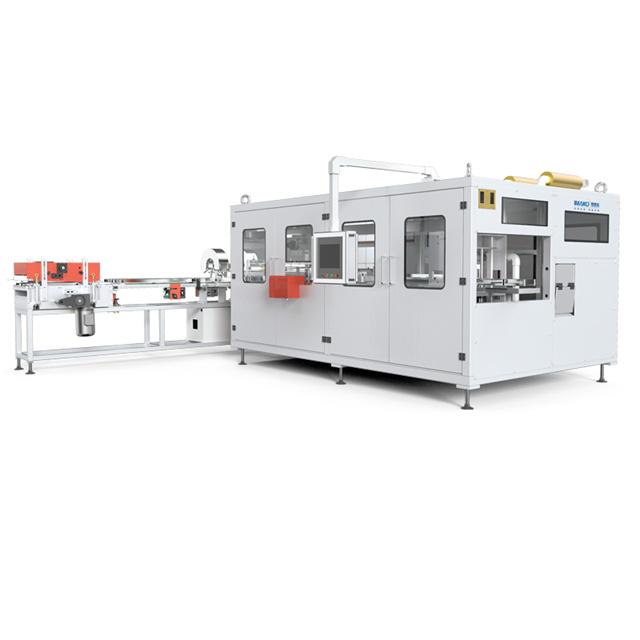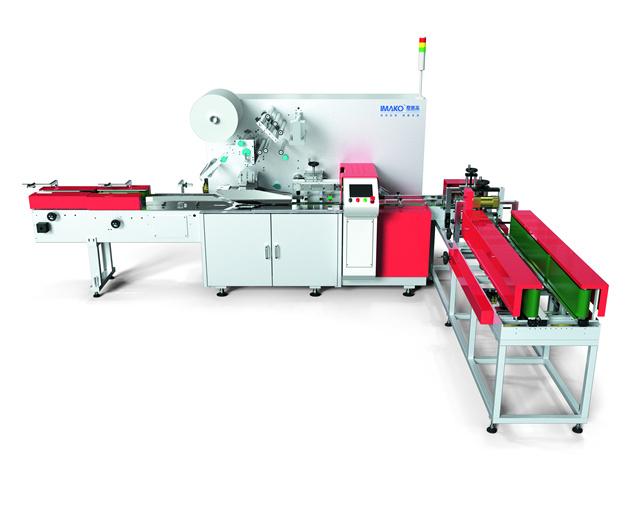Author:IMAKO Tissue MachineFROM:Toilet Paper Machine Manufacturer TIME:2023-07-17
Efficient Usage of Wet Tissue Manufacturing Machine
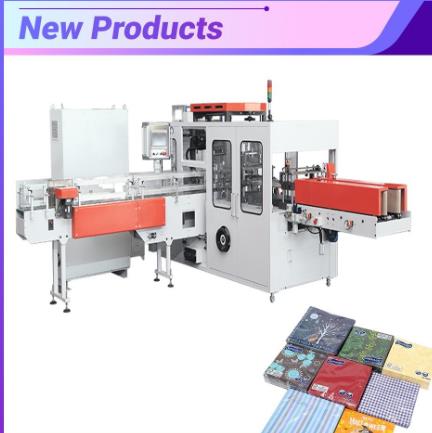
In today's fast-paced world, wet tissues have become an essential item for personal hygiene and cleaning purposes. As a result, the manufacturing industry has seen a significant rise in demand for wet tissue products. To meet this demand efficiently, it is crucial to optimize the usage of wet tissue manufacturing machines. This article aims to explore the best practices and strategies for maximizing the efficiency of these machines.
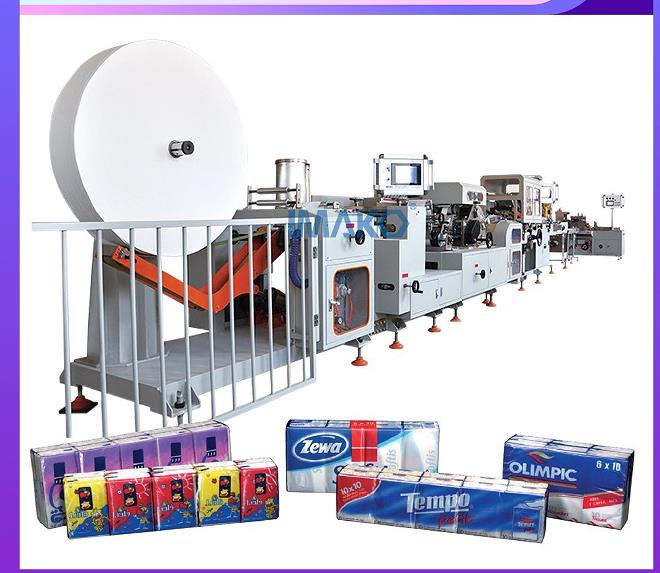
The first step towards achieving efficient usage of a wet tissue manufacturing machine is to ensure its proper setup. This includes calibration, maintenance, and alignment of various components. Regular inspection and servicing of the machine's parts, such as cutting blades, conveyer belts, and liquid dispensing mechanisms, are vital for optimal performance. Any misalignment or damage can lead to disruptions in production and reduced efficiency.
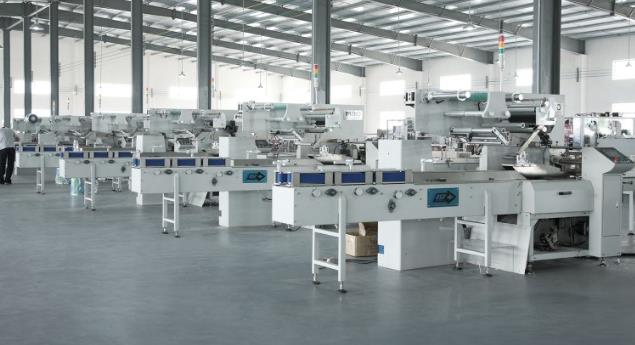
To enhance the overall efficiency of wet tissue manufacturing, it is crucial to streamline the production processes. This involves analyzing the workflow and identifying areas where bottlenecks occur. By eliminating unnecessary steps and automating repetitive tasks, manufacturers can significantly increase production speed and reduce downtime. Implementing a well-structured production schedule and optimizing material flow can also help minimize waste and maximize output.
Ensuring consistent quality is paramount in the wet tissue manufacturing industry. Implementing robust quality control measures helps prevent defects and reduces the risk of product recalls. Regular inspections and testing of raw materials, as well as finished products, should be conducted to maintain high standards. By continuously monitoring and addressing any quality issues, manufacturers can avoid wastage of resources and maintain customer satisfaction.
In conclusion, optimizing the usage of wet tissue manufacturing machines is essential to meet the growing demand efficiently. By following proper machine setup procedures, streamlining production processes, and implementing stringent quality control measures, manufacturers can achieve higher productivity, minimize waste, and deliver consistent, high-quality wet tissue products to consumers. Embracing these best practices will not only enhance operational efficiency but also contribute to the overall success of the business.
